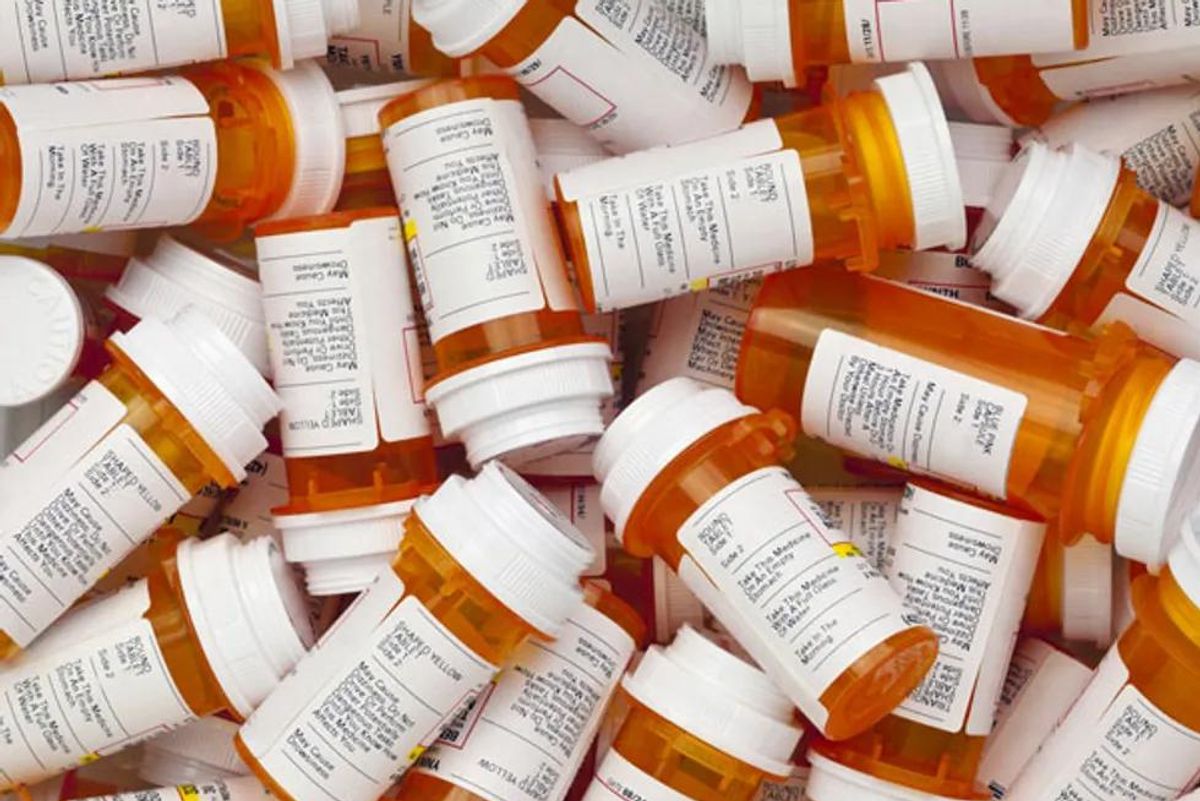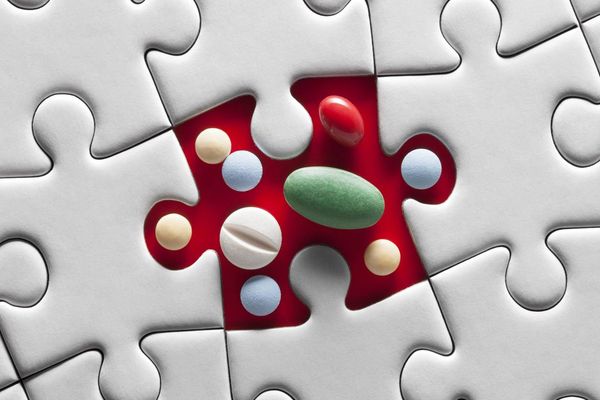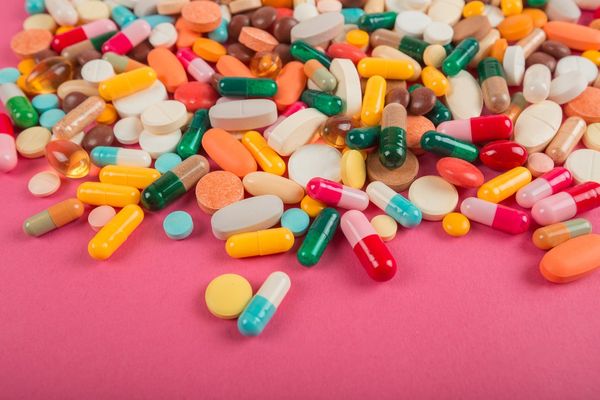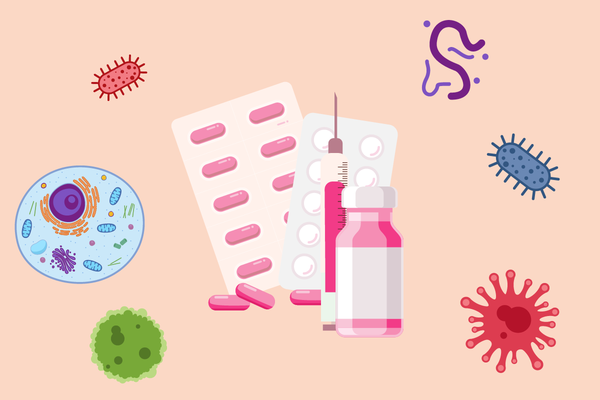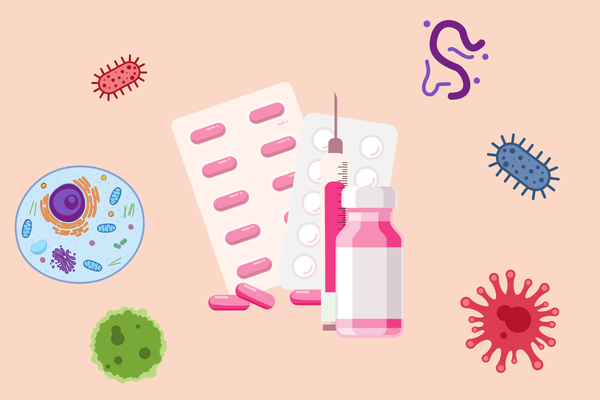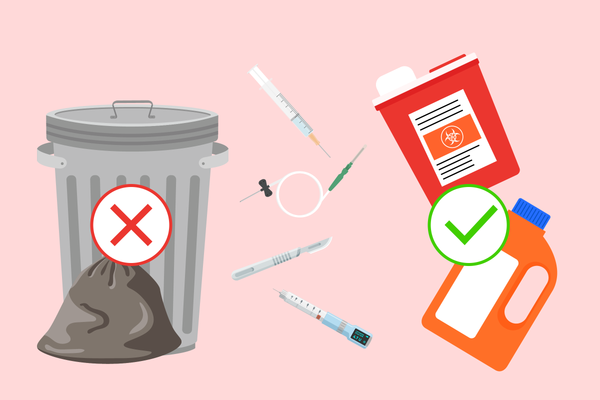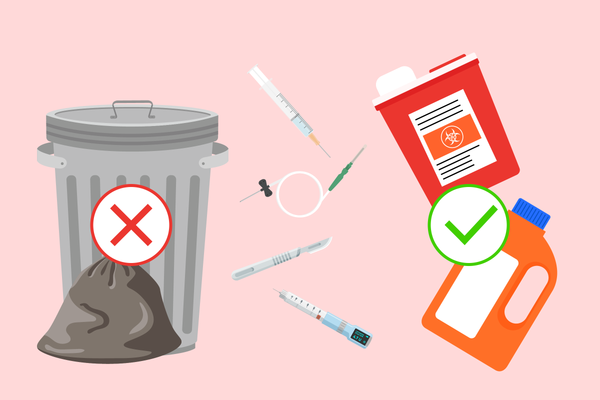There once was a time when we just tossed medicines that were no longer needed in the trash or down the toilet. Over time we became aware that both of those actions could be harmful. Children or pets could get to potentially dangerous medications in the trash. If the medicine went to a landfill or through the sewage system, all those chemicals could harm the environment.
So, what should you do with medications that have expired or are no longer needed?
Even though some environmentally minded people don't agree, the U.S. Food and Drug Administration recommends disposing of most medicines in the household trash, after mixing them with a substance that makes them unpalatable (such as dirt, kitty litter or used coffee grounds) and then sealing them in a container, like a plastic bag. This keeps people and pets from accidentally or purposely taking potentially potent (even deadly) drugs.
Now, there's also a new product created for this purpose. Deterra, developed by Verde Technologies, deactivates prescription drugs, making them ineffective for misuse and safe for the environment. You just put the pills, capsules or liquid medicine in the pouch, add a little water, seal it and throw it away. The system uses activated carbon to deactivate the drugs.
Currently, the disposal bags are only available through the Deterra website or by contacting the National Council on Alcoholism and Drug Abuse, which says the product is an easy way to dispose of prescription drugs and keep them out of the hands of children or potential drug abusers.
Addiction experts say that leaving unused prescription drugs around the house is like leaving a loaded gun in reach of kids. Teens, women and older adults are particularly at risk for prescription drug abuse.
Statistics show that prescription medication abuse and addiction are rising, particularly with narcotics, also known as opioids (such as oxycodone, hydrocodone and morphine). The National Institute of Drug Abuse estimates 2.4 million people 12 or older abused or were dependent on prescription drugs in 2010.
Here are other ways you can safely dispose of unused drugs:
- Locate a drug take-back program. Some pharmacies, community groups, police stations or other government agencies offer this service, though it's not always available to individuals. Call your pharmacy or police station to see if they have a drug drop box.
- Check with your city or regional household trash and recycling service. Some offer take-back programs. Ask if there are any restrictions on what they take.
- Read the instructions on the label. Some labels provide guidance as to how to dispose of that particular medication. You may also find instructions online or you can contact the drug manufacturer.
- Ask if your health care provider offers medication receptacles. If so, you can bring your unused medications to the office and dispose of them there.
- Contact your local hospital or emergency room. They might collect supplies and medications to donate to other countries. You cannot donate expired medications, and only certain types may be accepted.
Another way to avoid having excess drugs around the house is to limit the drugs you get. For cost and convenience reasons, doctors may prescribe a large dose of a drug for an ongoing medical condition, like diabetes, high cholesterol, high blood pressure, allergies or asthma. But there's a chance the dose or the drug itself will change in that time frame. Make sure your prescription can be filled in small batches. It may be a bit more inconvenient for you and possibly more expensive, but it's a smart way to avoid having excess drugs around the house.
For more information:
Medication Safety
Facts to Know About Medication Safety
Medication Safety and Your Child
Medication Safety and Pregnancy
The Truth About Mixing Meds and Alcohol
References:
https://www.fda.gov/drugs/resourcesforyou/consumers/buyingusingmedicinesafely/ensuringsafeuseofmedicine/safedisposalofmedicines/ucm186187.htm#MEDICINES
https://healthywomen.org/content/blog-entry/how-get-rid-old-and-unused-medication
https://deterrasystem.com/2015/05/new-device-could-be-key-to-keeping-kids-off-heroin/
https://www.drugabuse.gov/publications/research-reports/prescription-drugs/trends-in-prescription-drug-abuse/how-many-people-abuse-prescription-drugs

